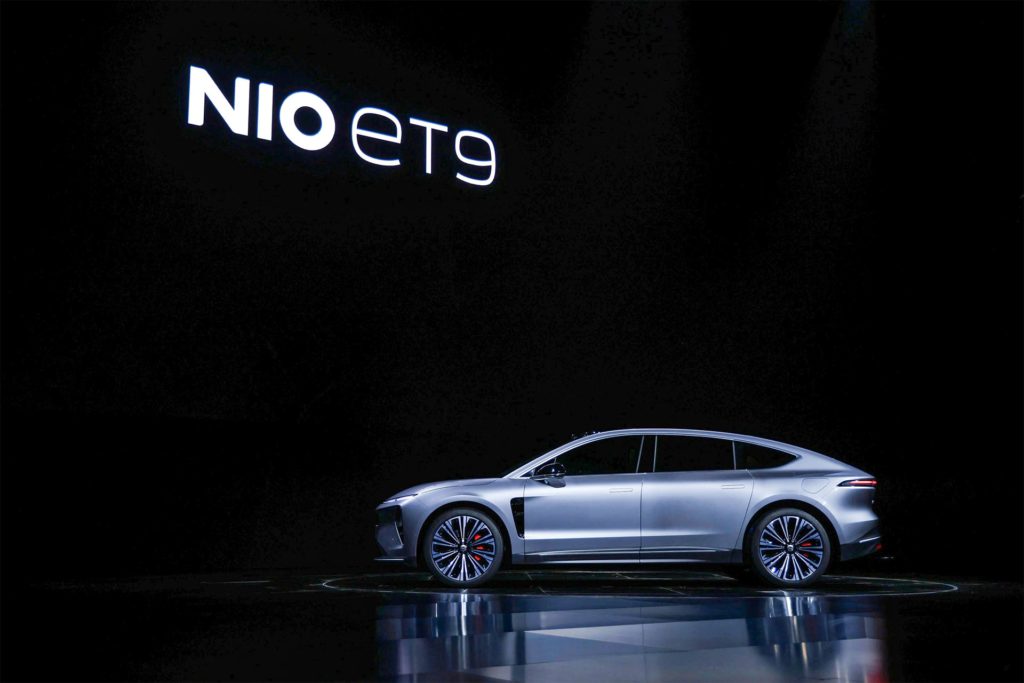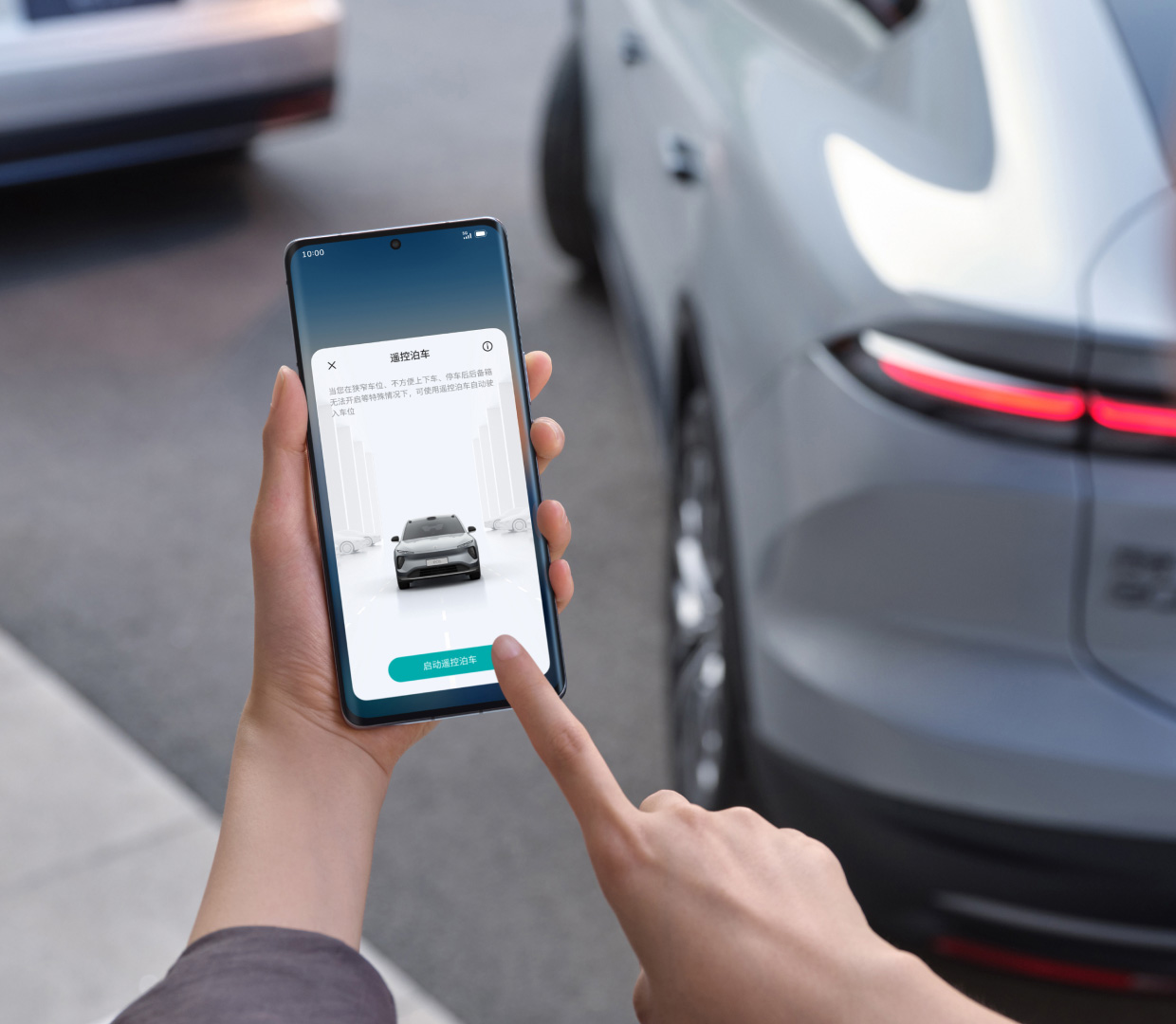To reduce costs and enhance operational efficiency, Chinese electric vehicle manufacturer Nio has streamlined its peripheral businesses, undergoing substantial personnel changes in the process.
According to 36Kr, an internal memo from Nio stated that Yin Shuijun, head of the company’s mobile division, will be leaving the company. His responsibilities for the mobile business will be taken over by Bai Jian, Nio’s head of hardware.
During his two-year stint at Nio, Yin was primarily responsible for implementing the mobile business. Previously, he oversaw the phone business as CEO at Meitu, a Chinese technology company specializing in the development of mobile devices and apps.
Nio’s venture into the smartphone industry has sparked frequent debates within the highly competitive automotive landscape, where such ventures have typically been perceived as a lack of focus on the core business of manufacturing cars. However, William Li (also known as Li Bin), CEO of Nio, has consistently responded to external queries, emphasizing that Nio is not developing phones to compensate for the current lack of profitability in car manufacturing. Rather, it aims to complement the core business by offering users a differentiated experience, facilitating seamless connection between Nio’s EVs and smartphones.
Notably, companies that specialize in smartphones such as Huawei, Xiaomi, and even Apple have ventured into the automotive industry, leading to the emergence of features like intelligent cabins that integrate with and are controlled by smartphones. “When giants like Huawei, Xiaomi, and Apple start selling more cars, everyone will better understand the significance of making phones,” Li said.
According to Nio’s past plans, it invested around RMB 1 billion (USD 140.7 million) per year in its mobile business, with a primary focus on establishing compatibility between the Nio Phone and car models under Alps, its sub-brand.
In the face of intensifying competition, Nio has been recruiting R&D personnel from companies like Oppo, Meitu, and Huawei since 2022, forming a mobile business team of over 1,000 people. This culminated in the launch of the Nio Phone on September 21, 2023, with three models priced at RMB 6,499 (USD 914), RMB 6,899 (USD 971), and RMB 7,499 (USD 1,055).
Li stated that it would take three years before Nio can determine whether entering the smartphone market was a good decision. “For now, the design and user experience of the Nio Phone have achieved the goals we set at the beginning. However, the investment return for this project does indeed require three years to evaluate—it’s not purely a financial decision,” Li said.

However, operational crises and Li’s dilution of equity (after seeking funding from Middle Eastern investors) have necessitated a reevaluation of Nio’s business focus. In November 2023, Li sent an email to all staff members of Nio, indicating that the next two years would be an intensely competitive phase in the automotive industry. He highlighted the uncertainty present in the company’s external environment, emphasizing the need to “further improve operational efficiency and ensure sufficient resource allocation for the company’s key businesses” if Nio is to secure a spot in the industry’s final race.
One of the critical measures includes ensuring long-term investment in core key technologies, merging departments and positions with overlapping functions, and postponing or cutting investments in projects that cannot improve the company’s financial performance within the next three years. Nio is estimated to have reduced around 10% of its headcount as part of this plan, with the company’s in-house research teams for smartphones and batteries most hard hit by the adjustment.
In fact, since Li delivered the message, Nio has been continuously optimizing its organizational structure, integrating departments whenever possible. For example, its cabin software development teams were previously divided into three—one for each of the company’s brands (Nio, Alps, and Firefly). They have since been combined into one department, inevitably leading to the departure of some executives.
It’s worth noting that such personnel changes do not necessarily mean the deprioritization or halting of a business. An industry insider told 36Kr that plans remain underway for Nio to produce at least three generations of smartphone products. The company’s phone business also appears to be operating as per normal.
Prior to his departure, Yin announced on December 23, 2023, the release of a new 1.2.0 version of its SkyUI mobile operating system, featuring a new interface for Nomi Mate, an artificial intelligence-powered driver assistant, and new features such as upgraded controls of in-vehicle temperature and air conditioning. Nio’s self-developed 46105 large cylindrical battery will also be mass-produced and fitted in the ET9, Nio’s flagship sedan.

As competition among automakers continues to intensify, particularly with the entrance of tech companies like Huawei and Xiaomi, which have released their own vehicle models, technology is likely to become a focal point for comparison among car manufacturers. This is likewise the case for Nio, which has now shifted its focus toward key technologies after alleviating the load of its phone business.
The ET9, showcased publicly for the first time during last year’s Nio Day event, boasts notable technological features, including Shenji NX9031, a self-developed autonomous driving chip, a 900V high-voltage architecture, and Sky Ride, an intelligent chassis system.
However, these technologies will not be delivered until the first quarter of 2025. To expedite the mass production and delivery of these technologies, and extend them to its sub-brands, Nio needs to stay unwaveringly focused.
KrASIA Connection features translated and adapted content that was originally published by 36Kr. This article was written by Li Anqi for 36Kr.

